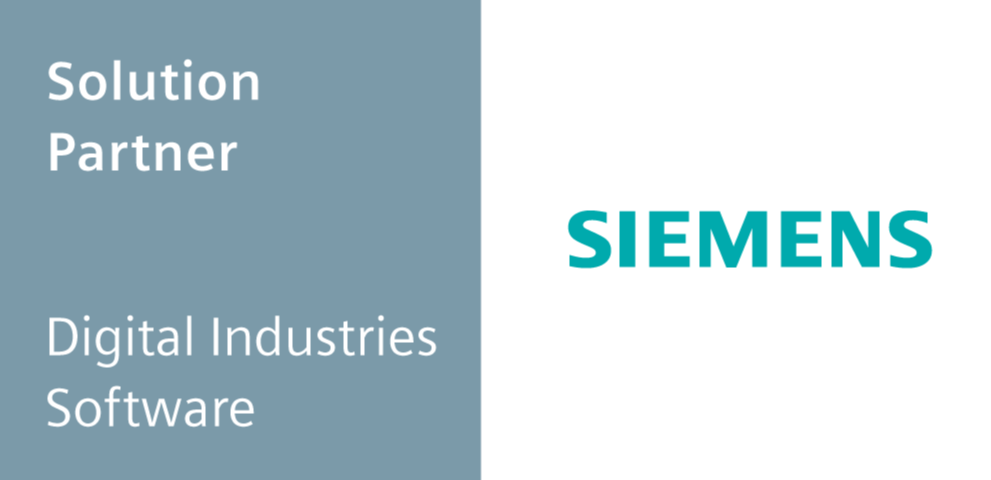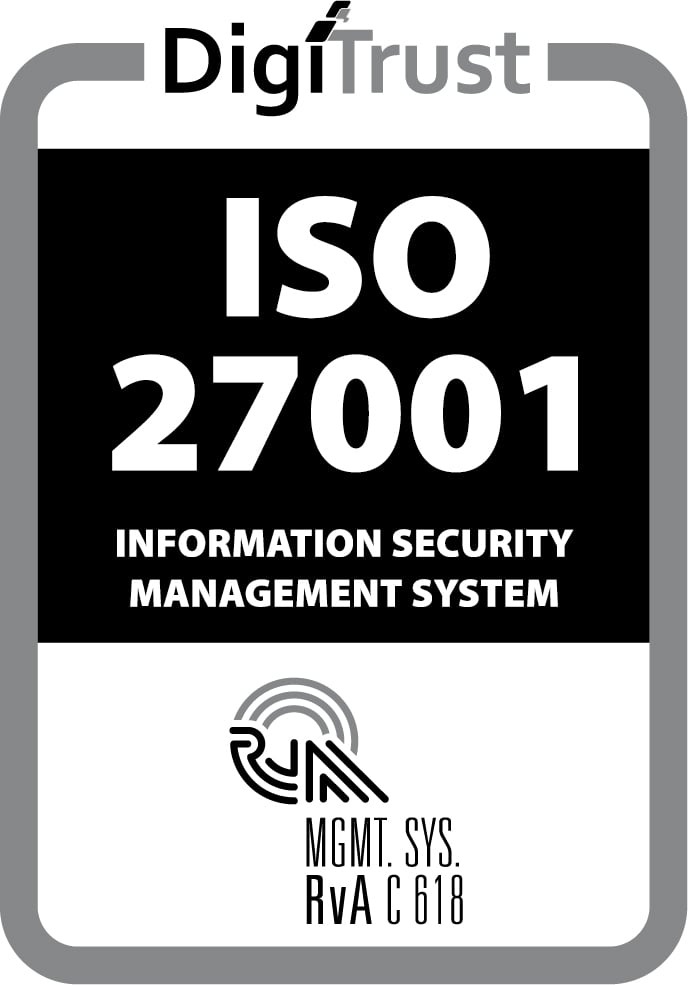

Product Lifecycle Management for Retail
With Siemens and Mendix PLM software, retail companies can efficiently collaborate with suppliers, easily manage data, and deliver high-quality products to their customers.
Digital Transformation with PLM for Retail
Consistently delivering high-quality consumer products requires lots of work behind the scenes. Retailers are constantly fighting to reduce their product development cycles and use product data more efficiently—and this is before addressing the issue of collaborating with suppliers and other company departments.
With Siemens Teamcenter or Mendix Digital Lifecycle Management (DLM) for Fashion & Retail, retailers can start their digital transformation journey with intuitive tools that keep operations running smoothly. Retail PLM software acts as a single source of truth, centralizing data and ensuring consistency across all stages of product development, ultimately benefiting the bottom line.
Product Lifecycle Management Solutions for Retail
CLEVR specializes in implementing Siemens Product Lifecycle Management (PLM) and Mendix DLM for Fashion & Retail software, as well as Mendix custom low-code applications development.
Teamcenter offers a single source of truth for all product data, simplifying collaboration across departments and with suppliers. It dramatically shortens product development cycles, ensures compliance, and reduces costs. In the retail industry, it is especially useful for companies that produce durable consumer goods.
Mendix Digital Lifecycle Management
Mendix DLM is a highly customizable, low-code solution that's easy to deploy. It can be tailored to the specific needs of fashion, apparel, accessories, and footwear companies and those in the fast-moving consumer goods sector (FMCG). It creates an end-to-end digital value chain that automates the entire design-to-sales process and integrates seamlessly with existing systems.
Siemens Xcelerator portfolio
Teamcenter and Mendix DLM for Fashion & Retail are part of the Siemens Xcelerator portfolio. This comprehensive software suite integrates PLM, MOM solutions, and low-code development. The Siemens Xcelerator portfolio can help retailers of all sizes become digital enterprises with software that can be tuned to fit business- and industry-specific needs across the entire value chain.
PLM Benefits for Retail and Consumer Goods
Siemens PLM software, including Mendix DLM, ensures retailers can access the latest data to make well-timed decisions while improving collaboration.
Increased efficiency with task automation
Automate repetitive tasks and minimize manual errors to boost operational efficiency. PLM software streamlines retail product development so you can focus on high-impact tasks like improving production methods.
Accelerated time-to-market
PLM software helps reduce delays, bring new products to market faster, and stay ahead of market trends and consumer demands. Quicker product development means timely feedback.
Smoother internal and external collaboration
Improve communication between departments and with suppliers. PLM software ensures that all stakeholders are on the same page, promoting efficient and effective digital collaboration.
Greater data accuracy and transparency
Centralize all data for a single source of truth. Siemens PLM software offers tools to ensure all data is accurate and consistent, making it easy to utilize real-time information across the product lifecycle, including IoT devices.
Improving the Retail Value Chain
Successfully managing products requires data-driven collaboration with external stakeholders for a more environmentally and financially efficient operation.
Seamless supply chains
Siemens PLM software uses tools to make communication between suppliers, manufacturers, and retailers simple and effective. Reduce delays, improve product quality, and find ways to lessen your environmental impact with access to real-time data through intuitive digital platforms.
Collaborative product development
The Siemens Xcelerator portfolio offers tools to help retailers and their external partners work effectively on developing products. This includes Computer-Aided Design (CAD) systems for product visualization and iteration, as well as document and regulatory management protocols.
Key Product Lifecycle Management Features
Life made easy: Powerful capabilities can benefit stakeholders across the development cycle, from supply chain managers to product designers.
Quick and accurate product development
Manage every stage from ideation, design, and production to end-of-life, ensuring products meet market demands swiftly.
A single source of truth
Create a single source of truth for all product information, ensuring data accuracy and accessibility for all departments and external stakeholders.
Merchandise planning
PLM software provides tools for planning and optimizing product lines, aligning them with market demands and your business strategies.
Streamlined product development
Efficiently manage the entire product development process, reducing time-to-market and enhancing innovation.
Efficient material management
Centralized material libraries and management, ensuring resources are used efficiently.
3D integrations
Seamlessly integrate your new PLM system with various CAD tools for real-time collaboration and design consistency.
ERP integrations
Integrate with existing ERP systems to ensure data flows smoothly across all stages of development and manufacturing.
Optimized with AI
AI technology runs throughout the software suite, helping with predictive maintenance, supply chain optimization, and product innovation.
CLEVR Retail PLM Implementations
Don't just take our word for it. Read what our retail partners had to say about improving their operations with CLEVR.


Frequently Asked Questions
Can't find the answer to your question? Just get in touch
What is Siemens PLM software?
Siemens PLM, part of the Siemens Xcelerator portfolio, is a suite of tools designed for Product Lifecycle Management, managing product data and processes throughout its lifecycle. It ensures consistency and efficiency across all stages of product development, supporting digital transformation.
What is a PLM strategy?
A PLM strategy is a comprehensive plan that outlines how a company will manage the lifecycle of its products. It includes processes, tools, and methodologies to optimize each stage of the product lifecycle. PLM software is adept at improving these processes, often using low-code to integrate various data sources, creating a holistic workflow that saves time and confusion.
What is Mendix DLM for Fashion & Retail?
Mendix DLM (Digital Lifecycle Management) is a low-code PLM solution based on the Mendix low-code platform tailored to fashion, apparel, and footwear companies.
This platform is part of the Siemens Xcelerator portfolio and enables the rapid development, management, and optimization of digital solutions. It supports retailers by streamlining operations and enhancing efficiency thanks to low-code applications that can be created relatively quickly, and easily updated.
What are the main benefits of PLM software for retail companies?
PLM software for retail companies helps reduce product development cycles and manage increasing amounts of product data effectively. It enhances collaboration with suppliers and internal departments, ensuring smooth operations and consistent product quality.
How does PLM for retail drive digital transformation?
PLM for retail drives digital transformation by digitizing product development processes, centralizing product data, and enhancing collaboration across departments and with suppliers. PLM creates a digital thread that runs from initial ideation and design to production and disposal; this acts as a single source of truth that can be checked against by stakeholders across the product development process.
Why opt for a low-code-powered PLM system?
A low-code-powered PLM system allows businesses to develop and customise their product lifecycle management solutions quickly and with greater flexibility.
Low-code technology reduces the need for extensive coding, enabling faster deployment, easier updates, and the ability to adapt to changing business needs across a product's lifecycle.








